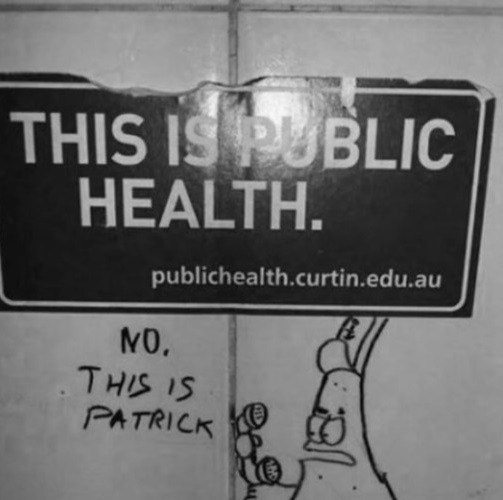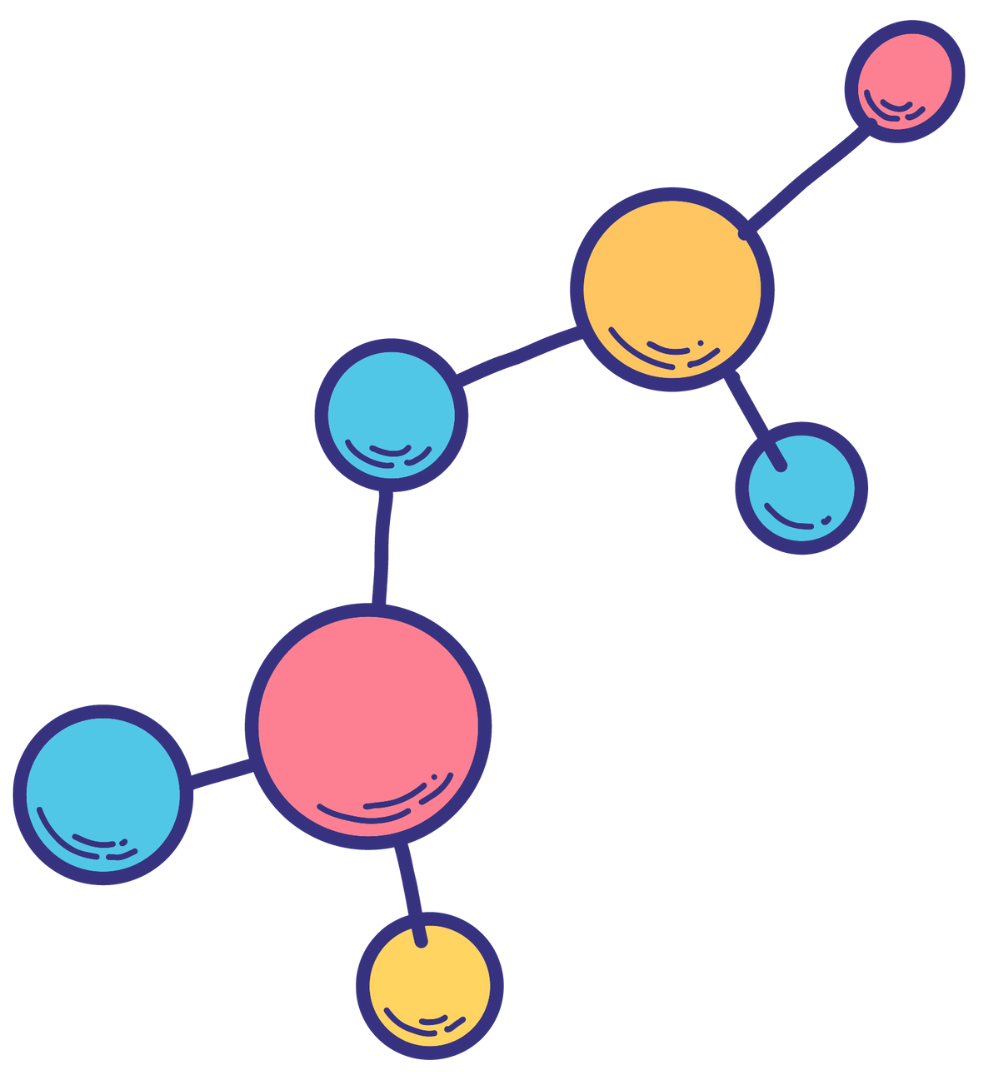So You Got a Public Health Degree. Now What?

The ink on your public health degree is barely dry, and everyone’s already asking about your career plans. Meanwhile, you’re wondering if that degree will actually translate into a job that pays the bills while making the world a little healthier.
Good news: public health graduates have more career options than most realize. Bad news: the sheer number of possibilities can be overwhelming.
Let’s break down where you can actually take that degree (beyond being the person at family gatherings who explains why herd immunity matters).

The healthcare world needs you
Healthcare organizations are natural landing spots for public health grads:
Health Education Specialist – You’ll develop programs that help people understand health issues and avoid risky behaviors. Your days might involve creating materials about disease prevention, running workshops, or designing campaigns to promote healthy habits.
Healthcare Administrator – If you enjoy organizing systems more than working directly with the public, administration roles let you manage healthcare facilities, oversee budgets, and ensure operations run smoothly. Your public health background gives you a population-focused perspective that purely business-trained administrators often lack.
Epidemiologist – The rock stars of the COVID era, epidemiologists investigate disease patterns and outbreaks. You’ll need at least a master’s degree, strong data skills, and a mind that loves solving puzzles. The reward? Being the detective who helps stop diseases before they spread.
Biostatistician – For the math lovers, this role involves analyzing health data to identify trends and support research. Your work directly informs which interventions get funded and which policies get implemented.
Government: Where policy meets practice

Government agencies at every level need public health expertise:
Policy Analyst – Help shape regulations and programs that protect public health by researching issues, analyzing data, and recommending evidence-based policies. Your work might influence anything from food safety standards to tobacco regulations.
Environmental Health Specialist – Inspect facilities, investigate environmental health hazards, and enforce regulations that keep communities safe from environmental threats. This hands-on role often involves fieldwork and immediate impact.
Emergency Preparedness Coordinator – Plan for public health disasters before they happen. You’ll develop response plans for everything from disease outbreaks to natural disasters, coordinate different agencies, and train personnel.
Non-profits: Where passion meets purpose
The non-profit sector offers deeply meaningful work:
Program Manager – Lead initiatives addressing specific health issues like HIV prevention, maternal health, or food security. You’ll oversee planning, implementation, evaluation, and reporting to funders.
Grant Writer – Help fund important health programs by crafting compelling proposals. Success means turning your public health knowledge and writing skills into actual dollars for community impact.
Community Health Worker – Connect vulnerable populations with needed services, provide basic health education, and advocate for community needs. This frontline role often requires cultural competence and strong interpersonal skills.
Corporate careers: Better benefits, different challenges

Businesses increasingly value public health expertise:
Corporate Wellness Coordinator – Design and implement programs that keep employees healthy and productive. You’ll organize health screenings, fitness initiatives, and mental health resources while tracking outcomes to prove ROI.
Health and Safety Manager – Protect workers from occupational hazards by developing safety protocols, conducting trainings, and ensuring compliance with regulations. Manufacturing, construction, and healthcare companies all need these specialists.
Healthcare Consultant – Help healthcare organizations improve operations, adapt to new regulations, or develop strategic plans. Consulting offers variety, intellectual challenge, and often higher compensation, though with more travel and pressure.
Research and academia: For the perpetually curious
If you love learning and discovering new knowledge:
Public Health Researcher – Investigate pressing health questions through clinical trials, community-based studies, or data analysis. Your findings could shape treatments, interventions, and policies.
Professor – Share your knowledge with the next generation of public health professionals while conducting your own research. Academic positions typically require a doctorate and publication record.
Global health: Taking your skills worldwide
For those with wanderlust and cultural adaptability:
International Health Specialist – Work with organizations like WHO, UNICEF, or international NGOs to address health challenges in developing countries. These roles often involve program design, implementation, evaluation, and coordination with local partners.
Disaster Relief Coordinator – Manage health aspects of humanitarian response in crisis situations. This demanding role requires quick thinking, stress tolerance, and the ability to work in challenging conditions.
The new frontier: Emerging public health careers
The field keeps evolving, creating exciting new opportunities:
Health Data Scientist – Apply advanced analytics and machine learning to tackle public health challenges. You’ll need strong technical skills but can help revolutionize disease surveillance, intervention design, and resource allocation.
Digital Health Specialist – Develop telehealth programs, health apps, or online interventions that expand access to health resources. This growing field bridges technology and public health principles.
Health Equity Specialist – Focus specifically on reducing health disparities among different populations by developing targeted programs and policies. This role has gained prominence as addressing systemic inequities becomes a public health priority.
What you’ll need to succeed (beyond the degree)
Certain skills make public health professionals stand out:
Analytical thinking – The ability to interpret complex information and identify patterns is essential in almost every public health role.
Communication skills – You’ll need to explain complicated health concepts to different audiences, from community members to policymakers.
Cultural competence – Understanding how cultural factors influence health behaviors and working effectively with diverse populations is increasingly important.
Adaptability – Public health challenges constantly evolve, requiring flexibility and continued learning.
Leveling up: When you need more education
Many entry-level jobs are available with a bachelor’s degree, but career advancement often requires more:
Master of Public Health (MPH) – This degree opens doors to leadership roles and specialized positions. Many employers consider it the standard professional degree in the field.
Doctoral degrees – A PhD or DrPH is typically required for senior research positions and academic careers.
Certifications – Credentials like the CPH (Certified in Public Health) or CHES (Certified Health Education Specialist) can give you an edge in the job market.
The bottom line: You’ve got options
A public health degree prepares you for diverse career paths across multiple sectors. The common thread? Using evidence-based approaches to improve population health and well-being.
Whether you’re drawn to boots-on-the-ground community work, high-level policy development, cutting-edge research, or global initiatives, there’s a path that matches your interests and strengths.
The world needs public health professionals more than ever. Now go find your place in it.
